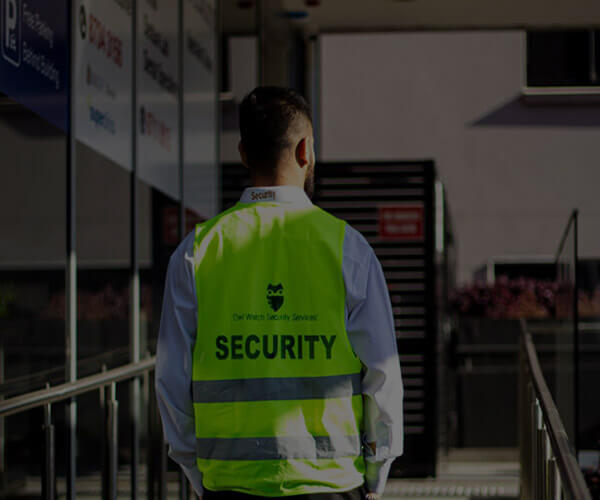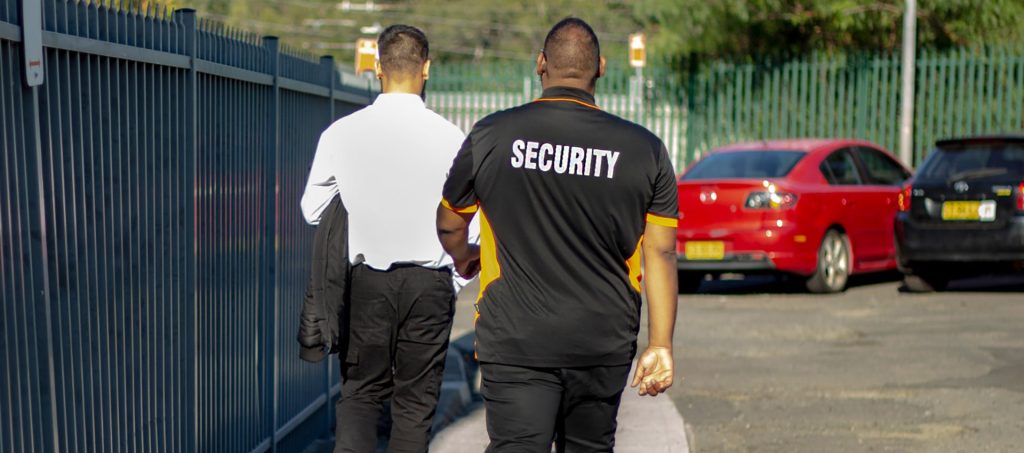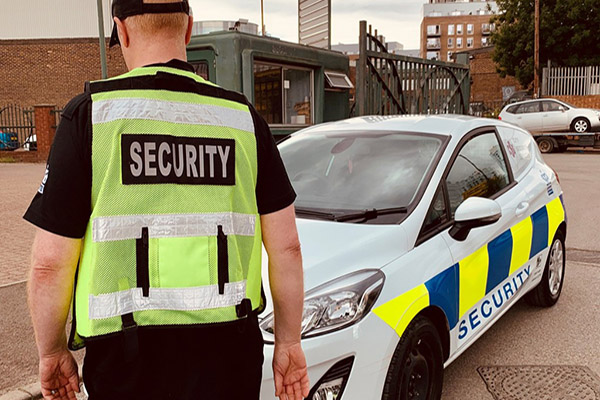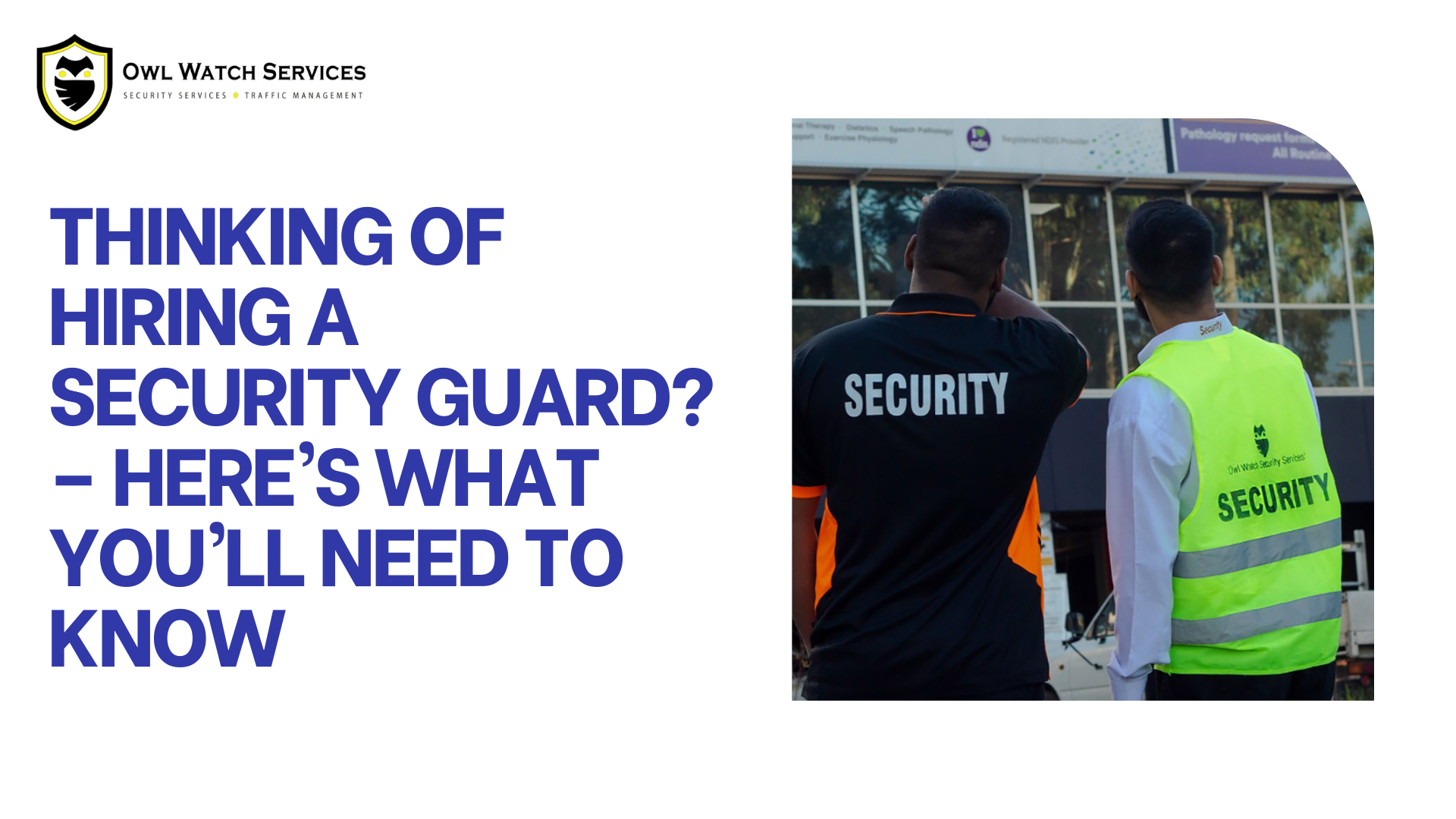Hiring a security guard can be a crucial step in ensuring the safety and security of your business, property, or event. However, it’s not a decision to be taken lightly. There are several factors to consider to ensure you hire the right personnel for the job. This article will guide you through everything you need to know about hiring a security guard.
1. Assess Your Security Needs

Before you start the hiring process, it’s essential to evaluate your specific security needs. Different environments require different levels of security, so understanding what you need is the first step.
- Type of Property: Determine if you need security for a commercial building, residential area, or event.
- Threat Assessment: Identify potential threats or risks specific to your location or industry.
- Coverage Area: Define the areas that need surveillance and protection, such as entrances, parking lots, or restricted zones.
- Security Duties: Decide on the duties you expect the guard to perform, such as patrolling, monitoring surveillance systems, or managing access control.
2. Understand the Types of Security Guards

Security guards come in various types, each suited to different needs. Knowing the difference can help you choose the right one.
- Unarmed Guards: Ideal for businesses and properties where the primary concern is deterring theft and vandalism through a visible presence.
- Armed Guards: Suitable for high-risk environments where there is a potential for violent incidents. These guards are trained to handle firearms and more severe threats.
- Corporate Guards: Focused on protecting corporate offices, they often handle access control, monitor surveillance, and ensure the safety of employees and visitors.
- Event Security: Specially trained to manage large crowds and ensure the safety of attendees at events.
- Personal Security: Also known as bodyguards, they protect individuals from specific threats, often providing close personal protection.
3. Look for Professionalism and Training
The professionalism and training of a security guard are critical factors that determine their effectiveness.
- Certification: Ensure the guard has the necessary certifications and licenses required by your state or country.
- Training: Verify their training in areas such as conflict resolution, emergency response, and first aid.
- Experience: Look for guards with relevant experience, particularly in your specific industry or type of property.
- Background Checks: Conduct thorough background checks to ensure the guard has a clean record.
4. Evaluate Security Companies
If you’re hiring through a security company, it’s crucial to choose a reputable provider.
- Reputation: Research the company’s reputation by reading reviews, asking for references, and checking their standing with local business bureaus.
- Services Offered: Ensure the company provides the specific services you need, such as patrol services, access control, or surveillance monitoring.
- Response Time: Ask about their response time to incidents and emergencies. A quick response can be crucial in mitigating threats.
- Customization: Choose a company that offers customizable security plans tailored to your unique needs.
5. Consider the Cost
Security services can be a significant investment, so it’s essential to understand the costs involved.
- Hourly Rates: Security guards are typically paid by the hour, with rates varying based on their experience and the nature of the job.
- Contracts: Be aware of contract terms, including the length of the agreement and any penalties for early termination.
- Additional Costs: Consider additional costs such as uniforms, equipment, and training, which may not be included in the initial quote.
6. Legal Considerations
Hiring a security guard involves various legal considerations to ensure compliance with local laws and regulations.
- Licensing: Verify that the security guard and the security company hold the necessary licenses and permits.
- Insurance: Ensure that the security guard or company has adequate liability insurance to cover potential incidents.
- Labor Laws: Be aware of labor laws regarding working hours, overtime, and employee rights to avoid legal complications.
7. Onboarding and Integration
Once you’ve hired a security guard, effective onboarding and integration into your team are essential for success.
- Orientation: Provide a comprehensive orientation that covers your property, security protocols, and emergency procedures.
- Ongoing Training: Offer ongoing training to keep the guard updated on new security technologies and practices.
- Regular Meetings: Hold regular meetings to discuss security concerns, review incidents, and ensure the guard is fully integrated into your team.
8. Utilizing Technology for Enhanced Security
Incorporating technology can significantly enhance the effectiveness of your security measures. From surveillance cameras to access control systems, leveraging technology can provide an additional layer of security.
- Surveillance Systems: Implement high-quality surveillance cameras to monitor key areas and record incidents.
- Access Control: Use access control systems to restrict entry to sensitive areas and keep track of who enters and exits.
- Alarm Systems: Install alarm systems that alert security personnel of any unauthorized access or suspicious activity.
9. Regular Performance Reviews
Regularly reviewing the performance of your security personnel ensures that your security measures remain effective and that any issues are promptly addressed.
- Performance Metrics: Establish clear performance metrics and goals for your security guards.
- Feedback Mechanisms: Implement systems for receiving and acting on feedback from both security personnel and other staff members.
- Continuous Improvement: Encourage a culture of continuous improvement by providing ongoing training and development opportunities.
10. Crisis Management and Emergency Response Plans

Having a well-defined crisis management and emergency response plan is crucial in handling unforeseen incidents effectively.
- Emergency Protocols: Develop clear protocols for various types of emergencies, such as fires, medical emergencies, or security breaches.
- Communication Plans: Ensure there are reliable communication channels in place for alerting security personnel and coordinating a response.
- Regular Drills: Conduct regular emergency drills to ensure all staff members are familiar with the procedures and can act quickly and efficiently in a crisis.
Conclusion
Hiring a security guard is a significant step towards enhancing the safety and security of your property or event. By assessing your needs, understanding the types of security guards, evaluating professionalism, and considering costs and legalities, you can make an informed decision that best suits your requirements.
For professional security solutions tailored to your specific needs, visit Owl Watch Services.



Great article! The section about assessing security needs was super helpful. It’s crucial to understand the environment’s unique risks before making any decisions.